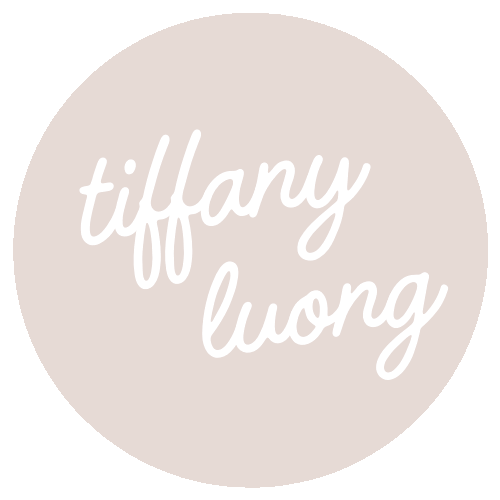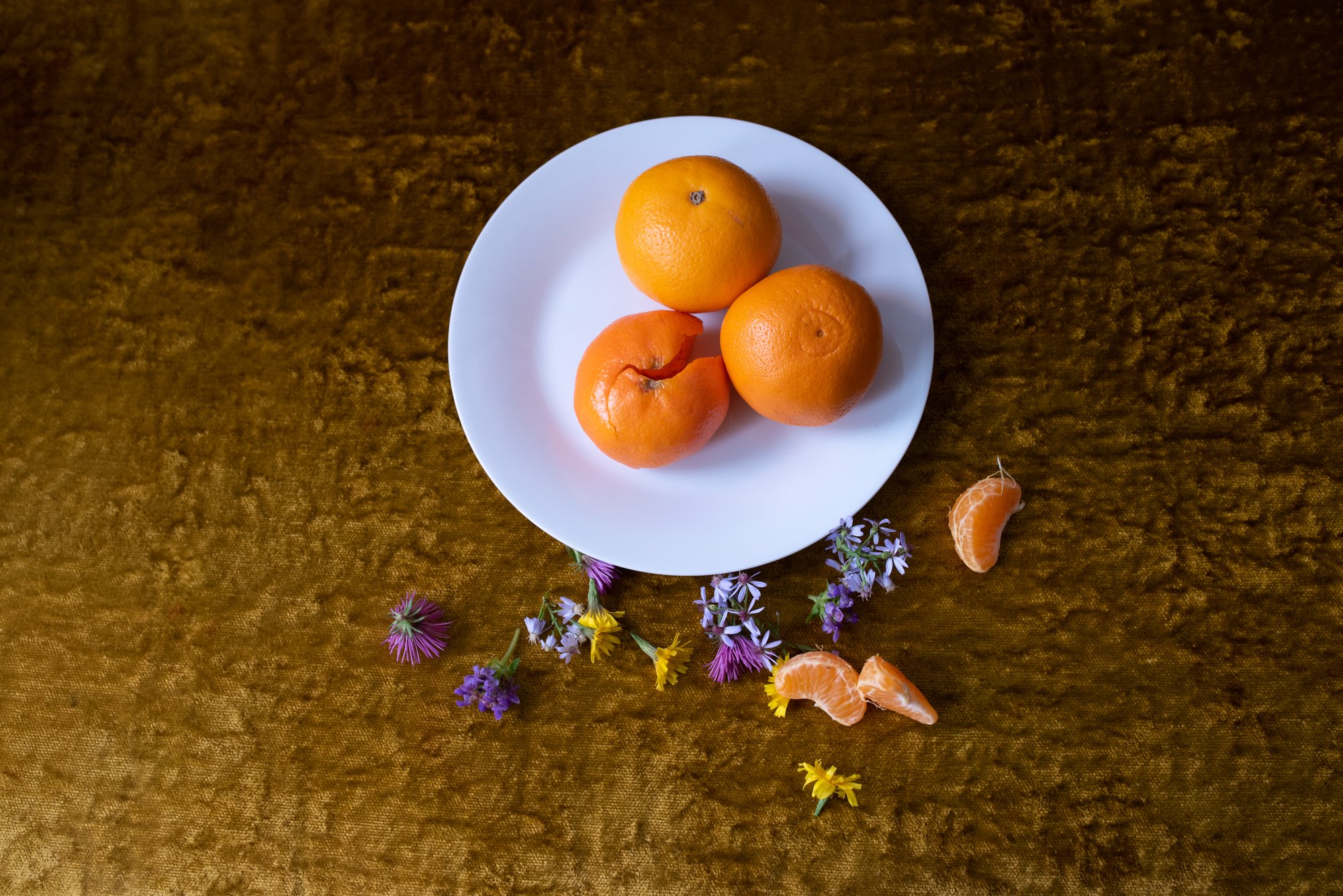
R E C L A M A T I O N
陳小鳳 Tiffany chin Luong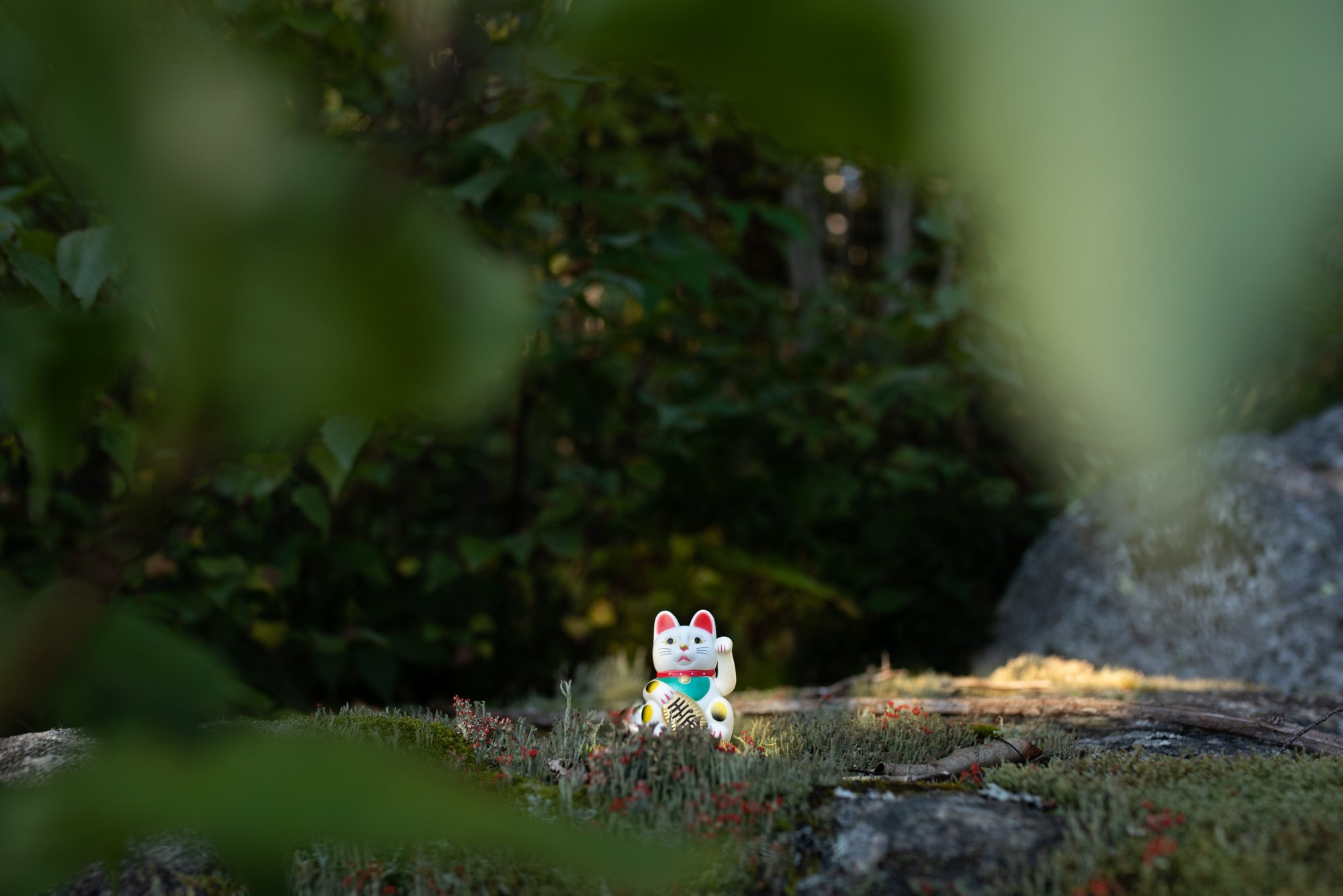
In Maggie Steber’s Secret Garden workshop, I concepted this project—Reclamation—that sets out to answer the questions that have been long-burning on my heart—
Did I have a happy childhood?
What if grandma had told me her story?
What does it mean to be Chinese?
I had just finished a documentary project (What we inherit) also trying to answer these questions. This time I wanted to make a different project in a lighter, well, light.
In Reclamation, the photos show a revelation and reverence for the Chinese culture I spent so long rejecting, glowing in anticipation, hope, and joy.

I spent a long time rejecting the notion of being Chinese; trying to understand this, I unearthed old memories.
In first grade, my parents brought me a dimsum lunch one day and I threw it away - I'm not sure what was more mortifying to me - the embarrassment I felt about eating Chinese food publicly or the punishment I faced afterwards. To this day, I still don't know why I did it... maybe someone had made fun of me? Maybe I had already internalized some sense of self-loathing for simply being Chinese.
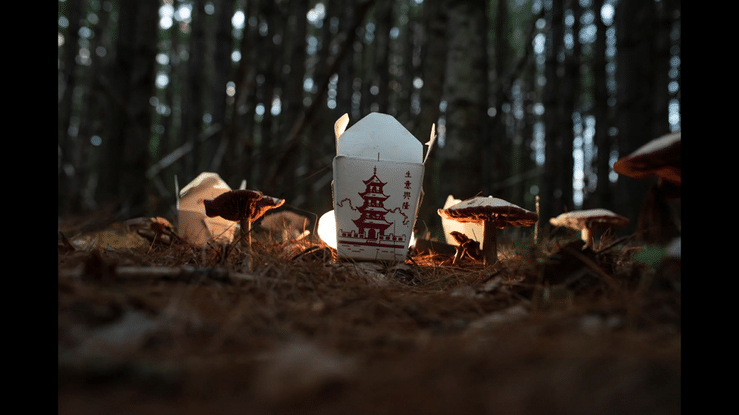
My late 20s-early 30s have been a slow shedding of everything I was ashamed of, and I have been working diligently to understand my grandparent's immigration story since they never wanted to tell me (down to tracking down a transcript of their entry interview following the Chinese Exclusion Act), and to make amends for that childhood lunchtime mistake.


“Orange cheat sheet” (above) is a depiction of the Paper Son phenomena following the Chinese Exclusion Act of 1882 and the San Francisco Fire of 1906. The loss of records in the fire opened up an opportunity for Chinese men who were already in America due to the Gold Rush to bring family members they had left in China, and if they didn’t want to come, brought over friends instead as their “son on paper,” or paper son. During this time, Chinese immigrants were detained and subjected to impossibly long interviews in which their answers needed to match their sponsors’ answers, such as “how many windows are on the east side of your house?” and “how many paces to your village market?” This was to test the honesty of the familial connections, of course, but this also made it difficult for true relatives to prove their connection. Test questions were written and hidden into orange peels and delivered by Chinese waiters to patrons in restaurants, or sent back in fruit baskets at the dock back home to relatives.

To this day, my father still wonders if my grandfather was a paper son. We will never know. “What if Grandma had told me her story” is an imagined telling of how she got here. The feelings that welled up when she left her war-ravaged village; the long journey in the belly of the boat over the sea; her detainment at Angel Island while pregnant. I would have listened if she wanted to tell me. My bones would have memorized her words if not for our language barrier.
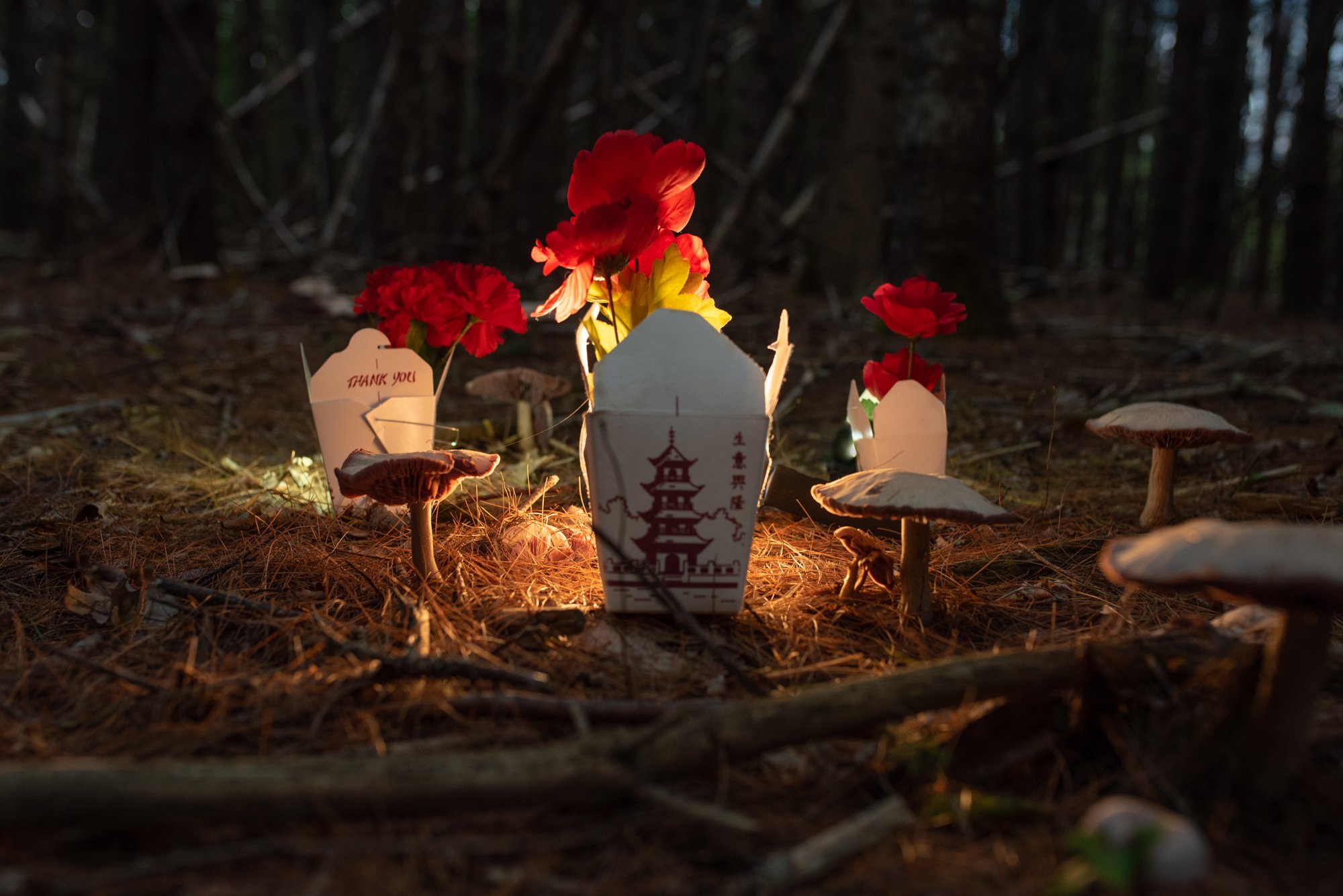
这次全靠你
This time was all thanks to you
All images © Tiffany Luong, 2021
tiffany@tiffanyluong.com